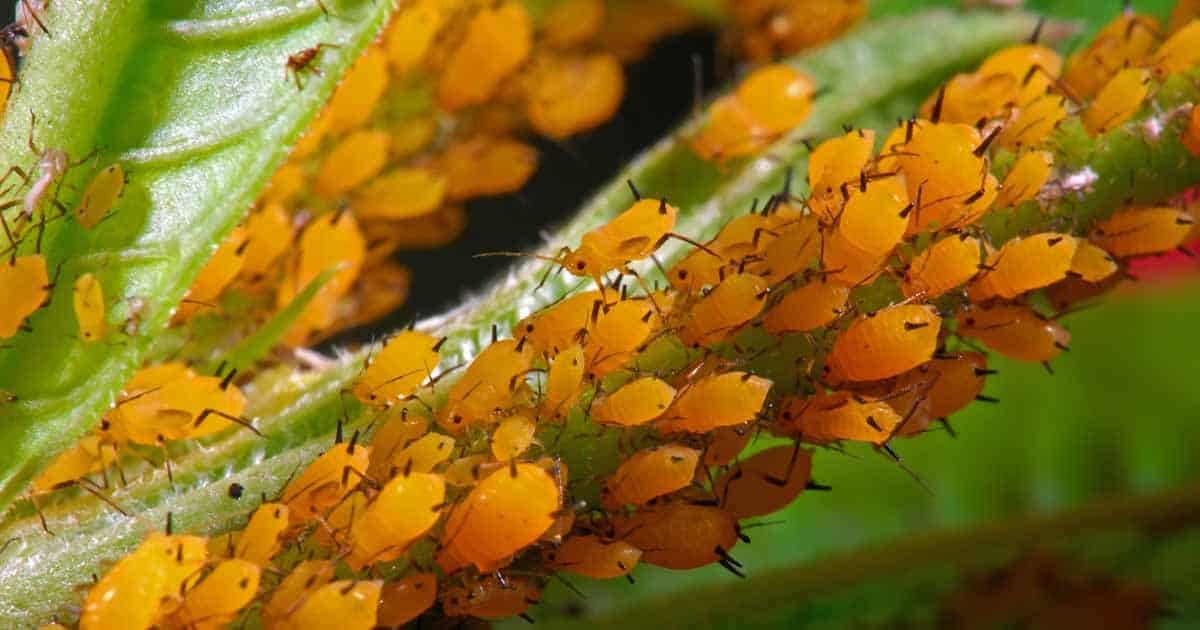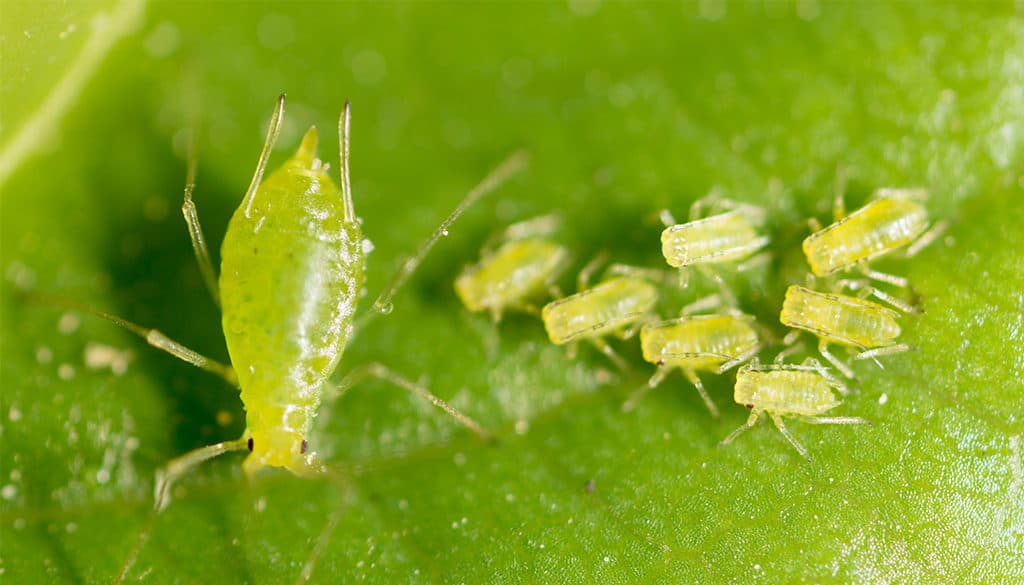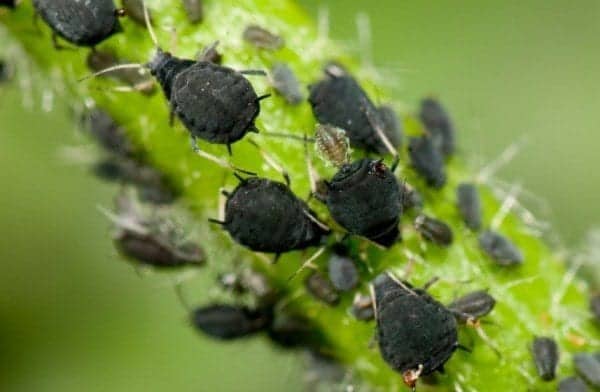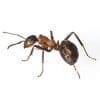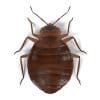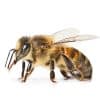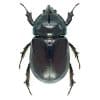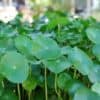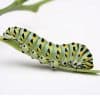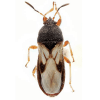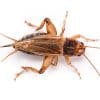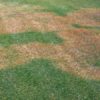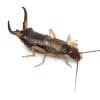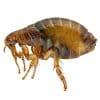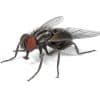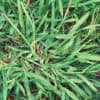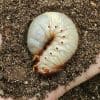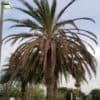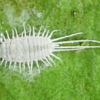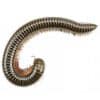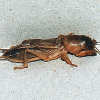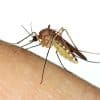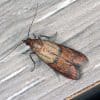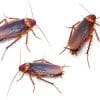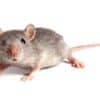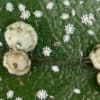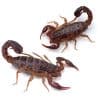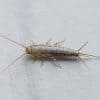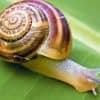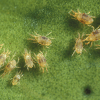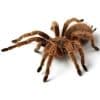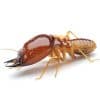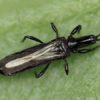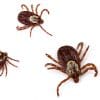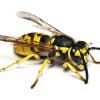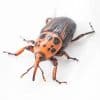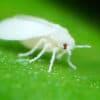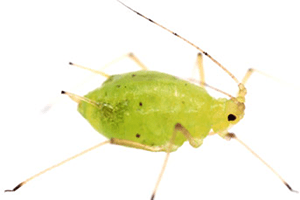
Aphids
Aphids are soft-bodied insects that use their piercing sucking mouth-parts to feed on plant sap. They usually occur in colonies on the undersides of tender terminal growth. Heavily-infested leaves can wilt or turn yellow because of excessive sap removal. While the plant may look bad, aphid feeding generally will not seriously harm healthy, established trees and shrubs.
However, some plants are very sensitive to feeding by certain aphid species. Saliva injected into plants by these aphids may cause leaves to pucker or to become severely distorted, even if only a few aphids are present. Also, aphid feeding on flower buds and fruit can cause malformed flowers or fruit.
Aphids produce large amounts of a sugary liquid waste called “honeydew”. The honeydew that drops from these insects can spot the windows and finish of cars parked under infested trees. A fungus called sooty mold can grow on honeydew deposits that accumulate on leaves and branches, turning them black. The appearance of sooty mold on plants may be the first time that an aphid infestation is noticed. The drops can attract other insects such as ants, that will feed on the sticky deposits.
Some aphids are very important vectors of plant viruses. However, it is seldom possible to control these diseases by attempting to kill the aphid vectors with an insecticide. Aphids carrying viruses on their mouth-parts may have to probe for only a few seconds or minutes before the plant is infected. Resistant varieties or sequential plantings may be helpful in reducing problems with some viruses that attack annual plants. Contact Well’s Termite & Pest Control today to learn about one of our many programs to control this pest.
We can help!
Get a free estimate and find out how we can solve your pest problems.

